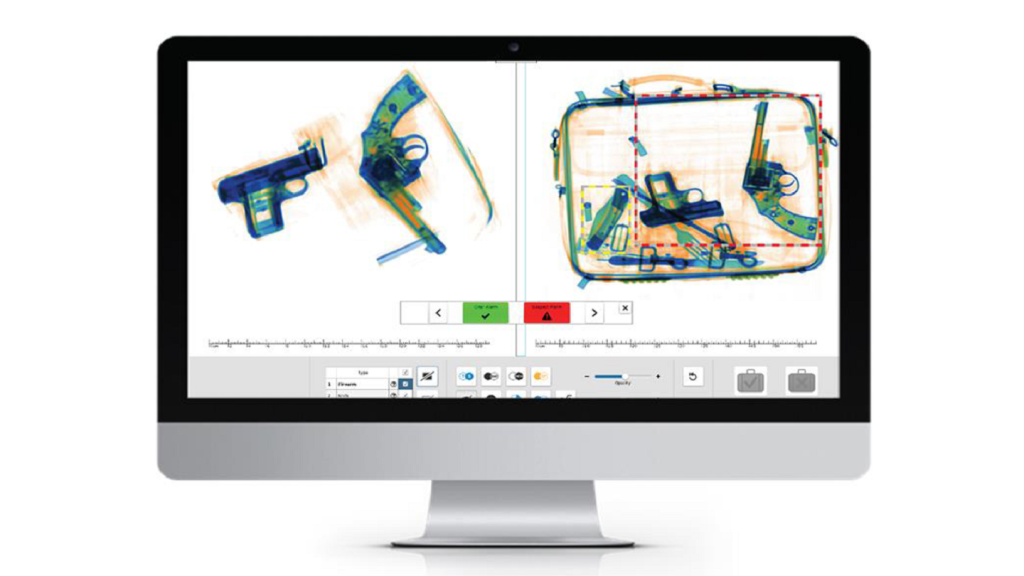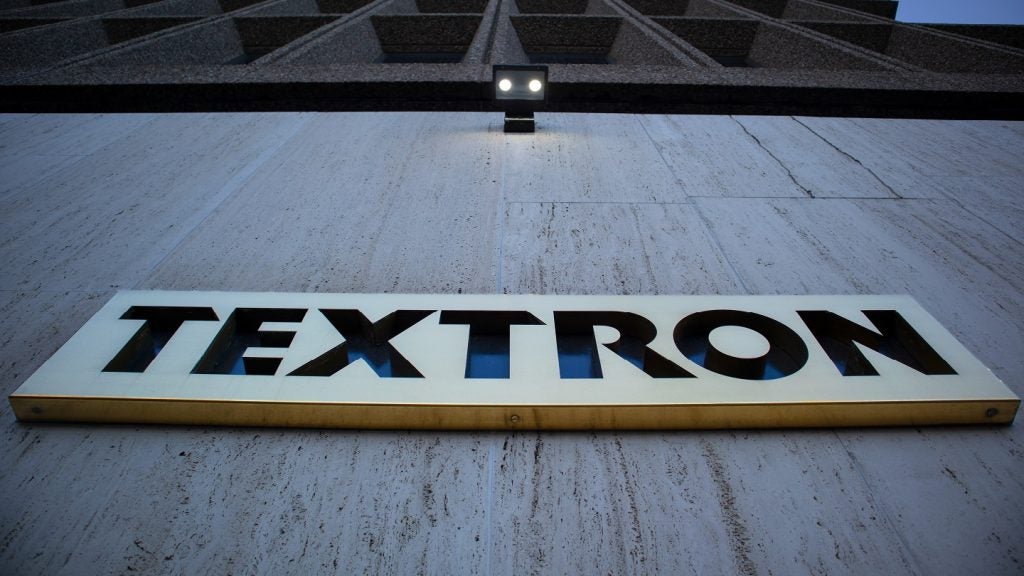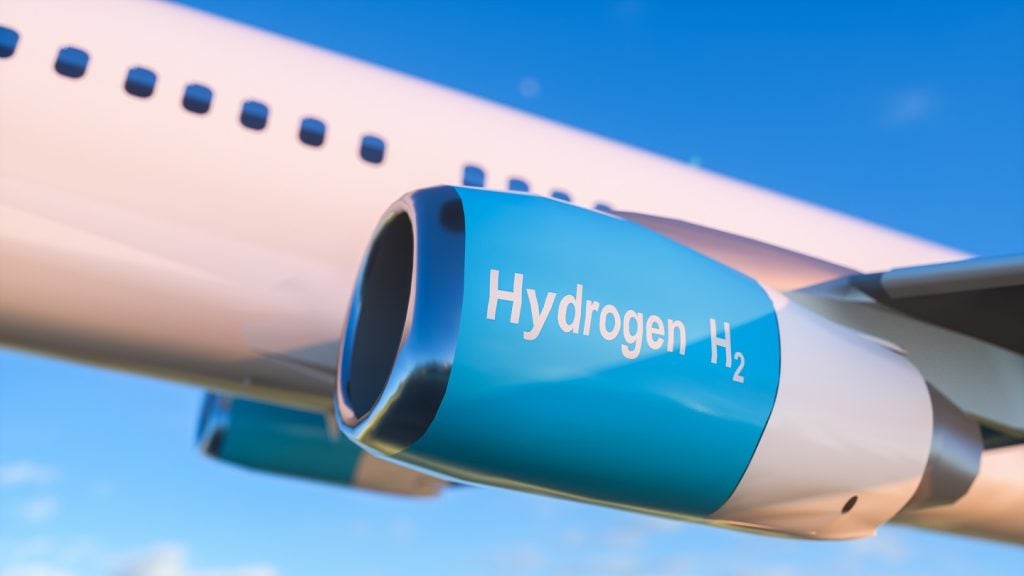Indira Gandhi International Airport (DEL) in India is looking to achieve the goal of becoming a Net-Zero Carbon Emission Airport by 2030 through the adoption of various green measures.
This target is ahead of the Intergovernmental Panel on Climate Change’s (IPCC) 2050 goal, which has been set by all major industries globally.
The airport, managed by a GMR-led consortium Delhi International Airport Limited (DIAL), made this announcement in a session titled ‘Delivering the Net Zero Airport of the Future’ at the COP26 Action Hub in Glasgow.
DIAL intends to reduce its carbon footprint by adopting necessary pollution control systems and precautions.
For operating its business in a sustainable manner, the airport has introduced numerous programmes.
Some of these include renewable energy usage, development of green airport infrastructures and several passenger connectivity networks, conservation of energy and efficiency enhancements as well as stakeholder partnership programmes.
How well do you really know your competitors?
Access the most comprehensive Company Profiles on the market, powered by GlobalData. Save hours of research. Gain competitive edge.

Thank you!
Your download email will arrive shortly
Not ready to buy yet? Download a free sample
We are confident about the unique quality of our Company Profiles. However, we want you to make the most beneficial decision for your business, so we offer a free sample that you can download by submitting the below form
By GlobalDataThe airport has expanded its energy-efficient and environment-friendly infrastructure with the inclusion of an electric vehicle charging centre, Sewage Treatment Plant (STP) and Water Treatment Plant (WTP).
It also features modern fuel hydrant systems, energy-efficient lighting systems, along with the deployment of electric vehicles and Taxibots.
Taxibot is a semi-robotic vehicle that helps in taxiing the plane to the runway.
It was introduced in 2019 for commercial operation, making IGIA the world’s first airport to take up this development.
The airport claims that the initiative has helped minimise aviation turbine fuel consumption during ground movement.
DIAL CEO Videh Kumar Jaipuriar said: “At Delhi Airport, we are on a strong environment progress journey and we are confident to become a ‘net-zero carbon emission’ airport by 2030, following the Airport Carbon Accreditation guidelines.
“Achievement of the Level 4+ accreditation last year after getting Carbon Neutral Airport status in 2016 affirm our constant efforts towards sustainability and greener future. We will continue to develop best in the class infrastructure and provide services using innovative and sustainable technologies.”
In January, IGIA introduced a first-of-its-kind genome sequencing laboratory for testing samples of all arriving passengers who test positive for Covid-19.







